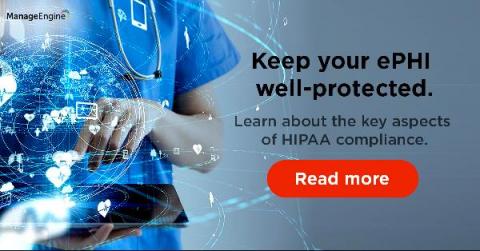Security concerns and solutions regarding blockchain use in healthcare
The healthcare industry is transforming with the integration of ground-breaking technologies capable of storing patient records electronically. The shift to the digitization of systems makes a variety of healthcare solutions possible that never could have been imagined — but it also puts healthcare data at risk to hackers and cyber attacks. In answer to this problem, blockchain technologies are emerging as a viable option for the storage and updating of electronic health records (EHRs).







